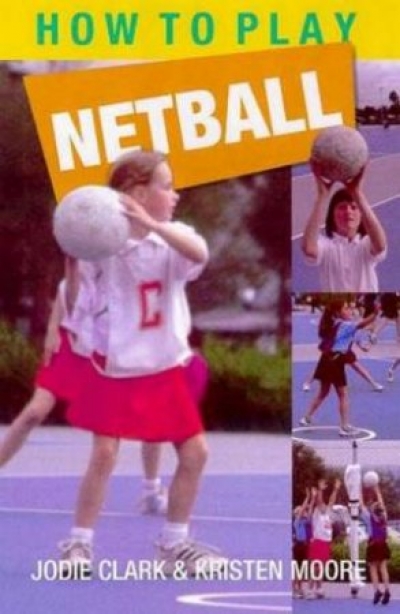Gideon Haigh likes cricket, literature and history, and his writings on cricket are accordingly shrewd, learned and illuminating. He writes particularly well of Jack Gregory and of George Headley. Gregory was the embodiment of the Anzac legend: tall, bronzed, blue-eyed, an artilleryman in the Great War. He played for an AIF eleven in England after the war, took dazzling close catches, demolished Cambridge University with ferocious fast bowling and went on to test match triumphs with Australia against Eng-land in the 1920s. Injuries that so often cut down bowlers of explosive pace curtailed his career. Headley, on the other hand, was a batsman in the early West Indian sides, a black man in teams of mixed race captained always by whites, representing a divided nation of particularist energies. Haigh writes with great understanding of the immense difficulty of maintaining form, as Headley did, in a team that always lost.
...
(read more)



